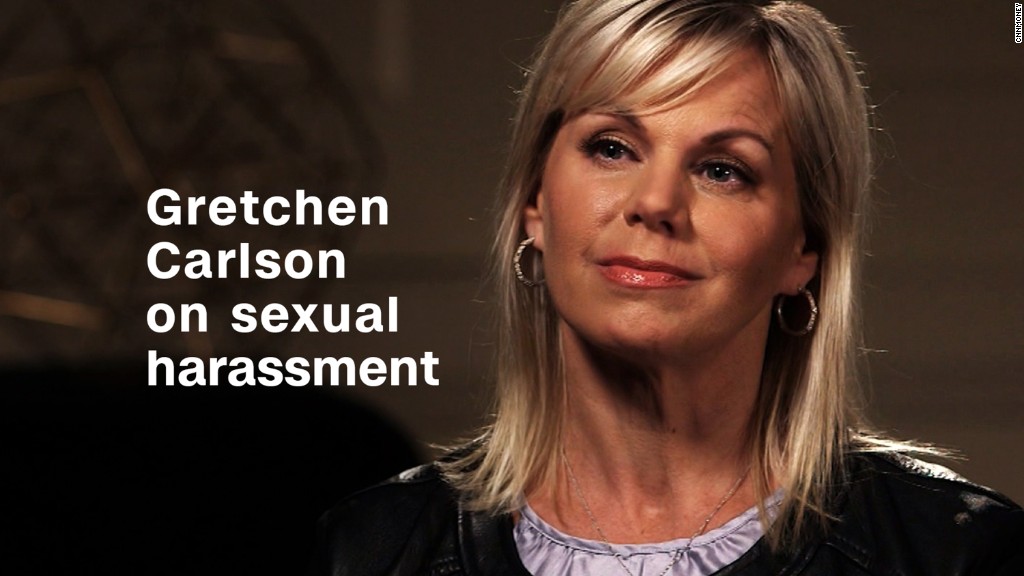
Half of the American workforce can't fight discrimination at work. Not because they don't have rights, but because they signed them away.
More than 60 million Americans are bound by forced arbitration agreements, which state that an employee can't sue the company or participate in a class action. Instead, the employee would have to bring a complaint to an arbitration forum with the company, rather than disputing the matter in front of a jury in a traditional court.
"It's a shadow of a justice system, set up for the benefit of the businesses," says Jonathan Puth, a founding member of Correia & Puth, an employment law firm in Washington, DC. "We call it 'forced arbitration' because [employees] are deciding before any dispute arises that they are waving their rights to go to court."
Related: The link between the gender pay gap and sexual harassment
New research shows mandatory arbitration hits female and minority employees the hardest, says Alexander Colvin, a professor at Cornell's school of industry and labor relations and author of a recent study examining the effects of mandatory arbitration. As many as 80% of Fortune 500 companies use forced arbitration, but it's particularly common in low-wage industries and service work.
"It's always particularly impacted women and minority workers because they're usually the most likely plaintiffs in discrimination cases, which are usually the most common employment law cases," Colvin says.
Some employees don't even realize they've signed away their right to go to court, until they've experienced discrimination and are researching what to do next.
"When I first explain to them that this agreement that they signed — usually prior to hiring — will bar them from going to court over something that is a basic civil rights area, it affects people a lot," Colvin says.
Related: The decision to name or not name a sexual harasser
But in the wake of the #MeToo movement, as experts highlight the connection between sexual harassment and arbitration, some companies are taking action.
In December, Microsoft announced it would eliminate forced arbitration agreements, also becoming the first Fortune 500 company to support legislation to end arbitration.
"Because the silencing of voices has helped perpetuate sexual harassment, the country should guarantee that people can go to court to ensure these concerns can always be heard," Brad Smith, Microsoft's president and chief legal officer, said in a blog post.
On Wednesday, former Uber engineer Susan Fowler will join California lawmakers to introduce a state bill banning forced arbitration. A similar bill is making its way through Congress, introduced by US Senators Kirsten Gillibrand and Lindsey Graham.
For now, Puth says, many employees still never get word of the incidents happening inside their own companies, and the secrecy protects repeat offenders.
"I would've liked to see more companies step forward and do this together, because it's in their interest," says Lauren Leader-Chivee, co-founder and CEO of All in Together, a non-partisan women's organization. "It puts everyone at a disadvantage if you've got predators who go on and work somewhere else. The next company will have to deal with it also."
